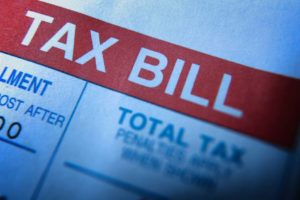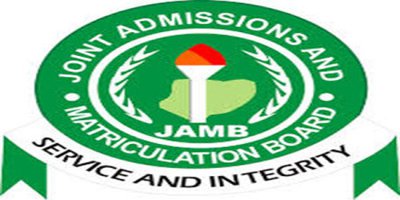· CTB is ‘discriminatory’ says concern group
 The federal government will not be discouraged in passing the proposed Communication Tax Bill into law as about N20billion has been estimated to be generated into the national coffers as Gross Domestic Product(GDP) from the Information Communications Technology (ICT) sector of the nation’s economy.
The federal government will not be discouraged in passing the proposed Communication Tax Bill into law as about N20billion has been estimated to be generated into the national coffers as Gross Domestic Product(GDP) from the Information Communications Technology (ICT) sector of the nation’s economy.
The minister of Communication Barrister Adebayo Shittu made these disclosures at the Communication Services Tax Stakeholders’ meeting organized by the Lagos Chambers of Commerce and Industry in Lagos, nothing that government’s appetite to finance the budget and increase revenue makes the bill worthy of consideration.
“In the same vein, our appetite as a Government to increase revenue makes this bill worthy of our consideration. And as I have been reliably informed that the projected earnings from this effort is over N20 billion every month, which is an attraction to the Government in funding our budget deficits. I must be quick to say that this Government has got a human face twined around its decisions,” he said.
Though there have been divergent views on the proposed bill, the minister who however spoke extensively on the divergent positions and proffer advised said a section of the stakeholders have extrapolated that the Bill seeks to impose additional nine per cent charges on users of electronic communication services which is to be remitted to the Federal Inland Revenue Service on a monthly basis and also that the extra tax will be applied on voice calls, SMS, MMS, Data and Pay TV viewing, among other services.
Barr. Shittu also said others have posited that over 60 million Nigerians would be unable to afford basic broadband connection, a situation that is likely to threaten Nigeria’s ability to achieve its goal of 30% broadband penetration by 2018 and also undermine the socio-economic progress spurred by increased connectivity. This to a large extent will be a cog in the wheel of implementing the National Broadband plan.
He added that many have also concluded that the proposed Bill will also discourage further investment in the communication industry due to reduced Returns on Investment, and ultimately drastically reduce the sector’s huge contributions to the national GDP. Some have concluded that the proposed CST Bill is an ill wind that would blow the country no good.
“My focus on any tax regime will be to align any process that will stimulate the economy and also ensure that the tax system is efficient by widening the tax net and creating an effective framework for tax compliance to protect the poor and vulnerable in the society who nonetheless have to use telecom services for social inclusion and financial services among others.
“The ITU gave Nigerian the mandate to achieve 30% broadband penetration by 2018. This is only two years away. In spite of the huge investment by the government and industry operators, Nigeria has achieved only 10% broadband penetration at the moment. If we are to catch up with lost ground and meet up with the expectations of the global community in the area of affordable broadband service, we have to incentivize the populace by helping to aid access to low cost data service subscription”, he said.
He however said that this Bill is discriminatory because it targets only the communication industry to the exclusion of other sectors of the economy, saying ”they reckon rather than overtax an already overburdened industry and its populace, government needs to stimulate the economy and encourage the adoption of communication service by all – whether rich or poor.
He called for a juxtaposition of new tax regime with existing ones saying that the introduction of new taxes without harmonizing existing ones will put pressure on the Nigerian tax system, thereby making it unattractive to investors and may consequently be counter-productive in the long run for the nation’s targets on broadband penetration.








